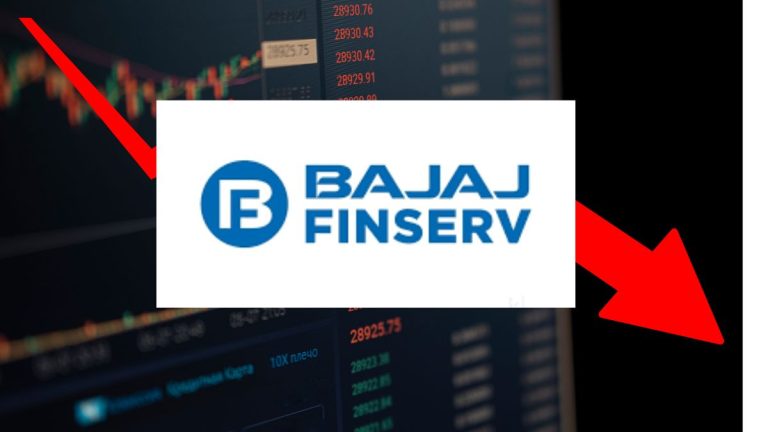BSE Stock Drops 6% After SEBI Shakes Up Expiry Days
The Bombay Stock Exchange (BSE) took a big hit on Tuesday, with its shares plunging more than 6% after market regulator SEBI made a key decision. SEBI gave the green light to the National Stock Exchange (NSE) to shift its weekly derivative contract expiries from Thursday to Tuesday, starting September 1.
That may sound like just a calendar change, but for BSE, it’s a serious setback. Until now, BSE had Tuesday all to itself for weekly index options expiry. Losing that slot could mean a big drop in trading activity—and that’s exactly what has investors worried.
What’s Changing and Why It Matters
Here’s what SEBI’s decision means in plain terms:
-
NSE will now hold its weekly options expiry on Tuesdays.
-
BSE, which currently uses Tuesday, will move to Thursdays instead.
-
This rule kicks in on September 1, 2025, and is part of SEBI’s plan to allow weekly expiries only on Tuesdays and Thursdays—no more daily expiries.

It might seem like a scheduling shuffle, but in the world of derivatives trading, expiry days are prime real estate. The day a contract expires sees a lot of activity, money flow, and trading volume. Losing your expiry day can seriously hurt business.
Why BSE Investors Are Nervous
BSE’s value dropped fast as soon as the news broke, with its shares hitting an intraday low of ₹2,500. Investors were clearly rattled—and for good reason.
Market analysts believe this could mean:
-
Lower trading volumes for BSE
-
Less visibility and participation in derivatives trading
-
A dip in profits over the coming quarters
Brokerage firms are already adjusting their outlook. UBS said BSE could see a 10–15% fall in volumes, which might cut profits by around 6%. Motilal Oswal downgraded the stock, suggesting the shift could reduce BSE’s market share from 24% to as low as 21%.
NSE Gains the Edge
On the flip side, NSE looks like the big winner here. Moving to Tuesday gives it a neat three-day window (Friday to Tuesday) to build up trading momentum ahead of expiry.
That longer runway could lead to more:
-
Open interest
-
Volatility
-
Premium buildup in options pricing
All of this makes NSE even more attractive to traders—and helps it further solidify its already dominant position in India’s derivatives market.
How It Affects Traders and Investors
If you’re an active trader, this move changes your week. With NSE’s expiry now on Tuesday, you get more time to plan and take positions. BSE’s Thursday expiry, on the other hand, feels like it’s tucked into the back of the week, with less trading action expected.
For longer-term investors, the rule brings a bit more order to the markets. SEBI’s broader aim is to cut down on excessive speculation and reduce the noise around expiry-day volatility.
The Road Ahead
Here’s how the rollout will work:
-
Starting July 1, BSE will stop adding new contracts for dates beyond August 31.
-
Contracts already listed will stay as they are.
-
From September 1, the new expiry day system takes full effect.
This change is part of a larger reform SEBI has been pushing for—one that includes tightening rules on market speculation and cleaning up the expiry calendar to make it easier for everyone to navigate.
The Big Picture
This may seem like an insider-only story, but it’s a reminder of how regulatory decisions ripple through the market. For BSE, the loss of its Tuesday slot is more than just a timing issue—it’s a competitive blow. For NSE, it’s a chance to further boost its stronghold on the trading landscape.
And for traders and investors, it’s one more shift to keep an eye on in an ever-evolving market.






